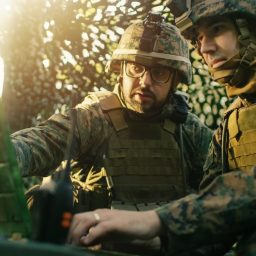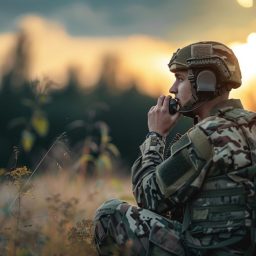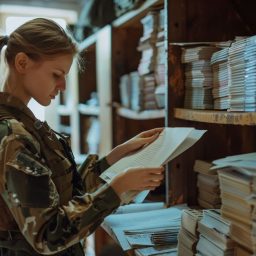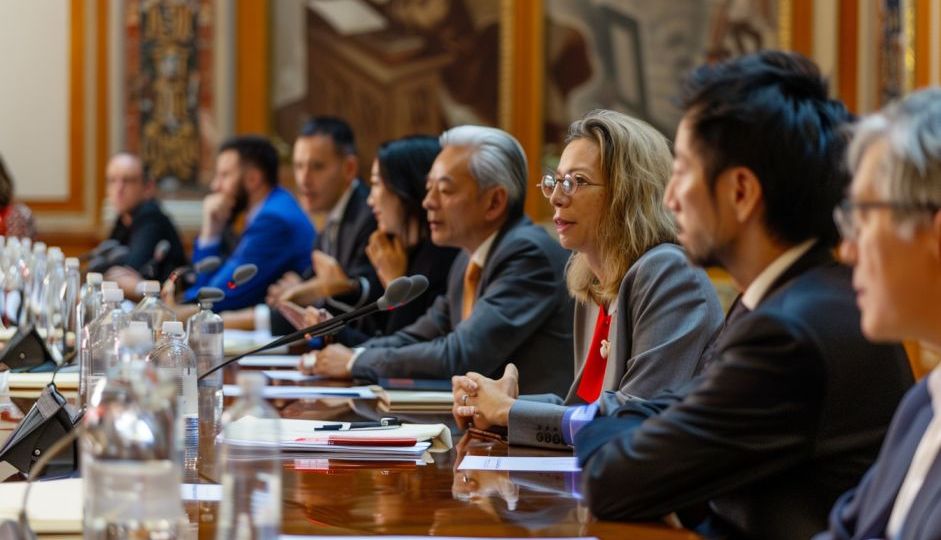
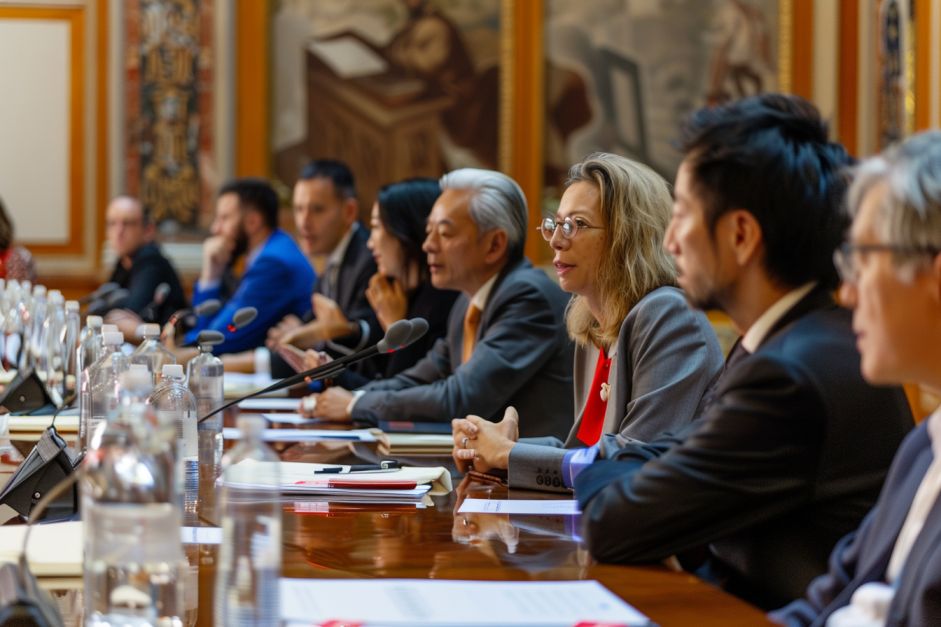
Language is a tool for communication and the foundation upon which international relations are built. Conversations between representatives of different countries can determine the fate of nations. Understanding frequently depends on correctly interpreting the other side’s intentions.
International communication requires participants to be proficient in foreign languages. For diplomats, language is a tool for persuasion and negotiation. At high-level meetings, translators are essential—the success of diplomatic objectives depends on their diligent work.
Contents
What is the language of diplomacy?
Language has always had a significant impact on diplomacy. History provides many examples of how various dominant languages have shaped international relations.
The language of diplomacy has its distinct features, nuances, and jargon. It serves to soften negative content and allows the other party to respond. There is no universal diplomatic language. Historically, different languages have served this function depending on a particular power’s political, strategic, economic, and cultural dominance.
In written communication, the language is established in bilateral agreements, usually based on state equality. In multilateral diplomacy, the number of working languages is limited for practical reasons, though efforts are made to maintain the principle of equality of languages.
Latin
Latin was a universal medium of communication until the 18th century. As the language of the Catholic Church, science, and law, it was used to resolve international disputes and formulate treaties. When Europe was fragmented into numerous kingdoms and principalities, Latin enabled diplomats to communicate beyond language barriers.
Documents such as the Dictatus Papae issued by Pope Gregory VII, which outlined the principles of papal authority, were written in Latin. The use of Latin in diplomacy underscored the importance of international agreements.
French
During the Congress of Vienna in 1815, which concluded the Napoleonic wars, French language facilitated communication among diplomats from various parts of Europe. Despite Napoleon’s defeats, it remained the language of diplomacy for several centuries. It allowed for smooth negotiations and efficient treaty formulation. As the common language of Europe, French aided in resolving international conflicts.
English
The Treaty of Versailles in 1919, which marked the end of World War I, was written in both French and English. This shift reflected the rising influence of the United States and the diminishing dominance of continental Europe post-war. English began to gain importance, eventually becoming the number 1 language globally.
Principle of equality of languages in diplomacy
In bilateral relations between countries, the languages of both parties are treated on equal terms. This reflects mutual respect. In international organizations and multilateral conferences, the number of working languages is typically limited to simplify the organization of meetings. The working languages of the United Nations are English, Arabic, Chinese, French, Russian, and Spanish.
All official documents must be available in each of the working languages. These texts have the same legal force. No language can be granted higher status.
In diplomatic practice, the principle of language equality often goes hand in hand with the principle of reciprocity. This means that diplomats may use their counterpart’s language in bilateral contacts. Such practice facilitates communication and demonstrates a willingness to cooperate.
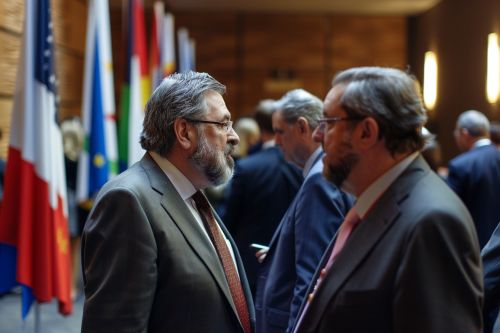

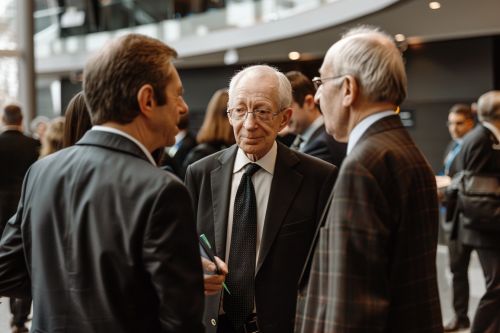
What is the language of diplomacy?
Diplomatic communication is a way of talking and writing that diplomats use to help countries work together smoothly. This kind of communication is very formal, precise, and careful. Diplomats think about every word they choose, when to say it, and how to say it. This helps them deal with complex issues between countries without offending anyone. They use a specific set of words and phrases that are polite and vague to handle sensitive matters.
This skilful way of communicating is important during negotiations. It builds trust, resolves disagreements, and helps make agreements that respect different countries’ needs and views. Euphemisms and ambiguities avoid potentially offensive statements that could harm delicate international relations. The phrases diplomats use aim to defuse tensions and promote peaceful dialogue.
Diplomatic vocabulary includes legal terminology. Diplomats use courteous phrases. Their communication is focused on achieving compromises and finding solutions acceptable to all parties.
Euphemisms
Euphemisms are commonly used to soften the impact of harsh or direct statements. For example, instead of saying a country “invaded” another, a diplomat might use a gentler term like “intervened”. This makes the conversation less confrontational and prevents tensions from escalating.
Ambiguity
Ambiguity is another technique that involves making statements that can be interpreted in more than one way. It helps to reach an agreement without being pinned down to specific actions that might be controversial. By keeping language vague, such as saying countries will work towards “reducing tensions”, diplomats get certain flexibility.
Polite phrasing
Polite phrasing is all about keeping things courteous. Diplomats use respectful titles, formal greetings, and considerate language, even when they disagree. Losing respect in a discussion damages relationships and makes it challenging to work together in the future. Saying “We respectfully disagree” instead of “We do not agree” ensures that the conversation stays respectful.
Written communication
Written communication is central to diplomacy. Notes, dispatches, agreements, and official documents are carefully edited. Every detail is checked over. These documents come from many discussions and changes to make sure everyone involved agrees and that the interests of all parties are balanced. The careful way these documents are written ensures that everything is legally binding. This is to make sure there are no misunderstandings that could lead to bigger issues.
When diplomats write, they use very precise language to avoid any misunderstandings. Every word is chosen carefully. This is because written agreements need to be clear and precise, so everyone involved understands them the same way.
When countries sign a treaty, the wording must be exact so that all parties know their responsibilities and the terms of the agreement. These documents go through many drafts and revisions. Lawyers and diplomats review every detail to make sure there are no words or phrases that could cause confusion or future disputes.
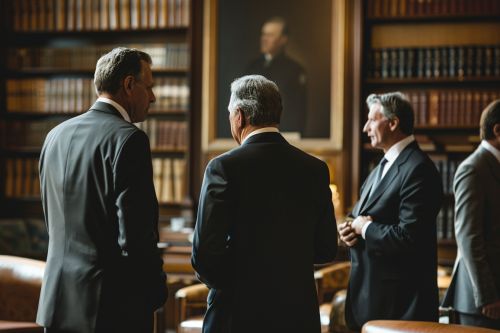


Diplomatic translations
Translations during international meetings ensure that parties understand each other without any misunderstandings. Accurate translation of statements determines the success or failure of international negotiations.
Interpreters and translators in diplomacy must follow very strict rules about keeping information private and staying neutral. Because diplomatic talks are so sensitive, it is important they can be trusted. They need to keep what they hear confidential and not change the meaning of what is said, no matter their personal views.
When it comes to negotiations, peace talks or big trade deals, the pressure on interpreters and translators is great. They need to work fast and accurately to make sure discussions go smoothly without any breaks. How well they do their job affects the results of these talks.
Experienced translators ensure that the intentions of diplomats will be correctly interpreted. Our team of translators is well-prepared for this task. We guarantee clear communication between public entities. Contact us for more details.
Photos by AI

